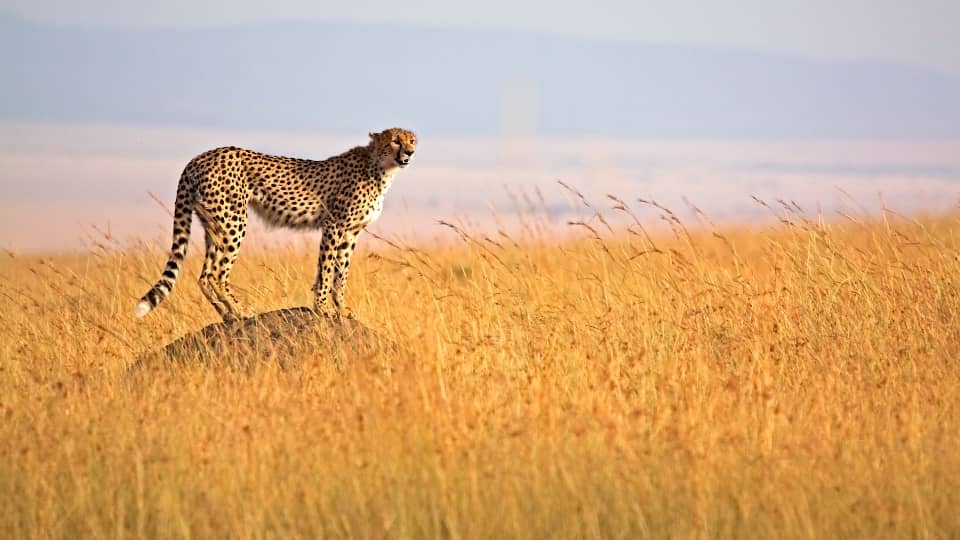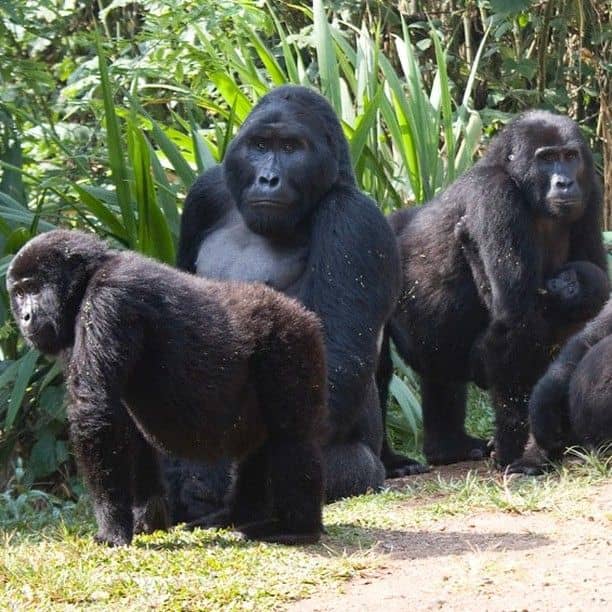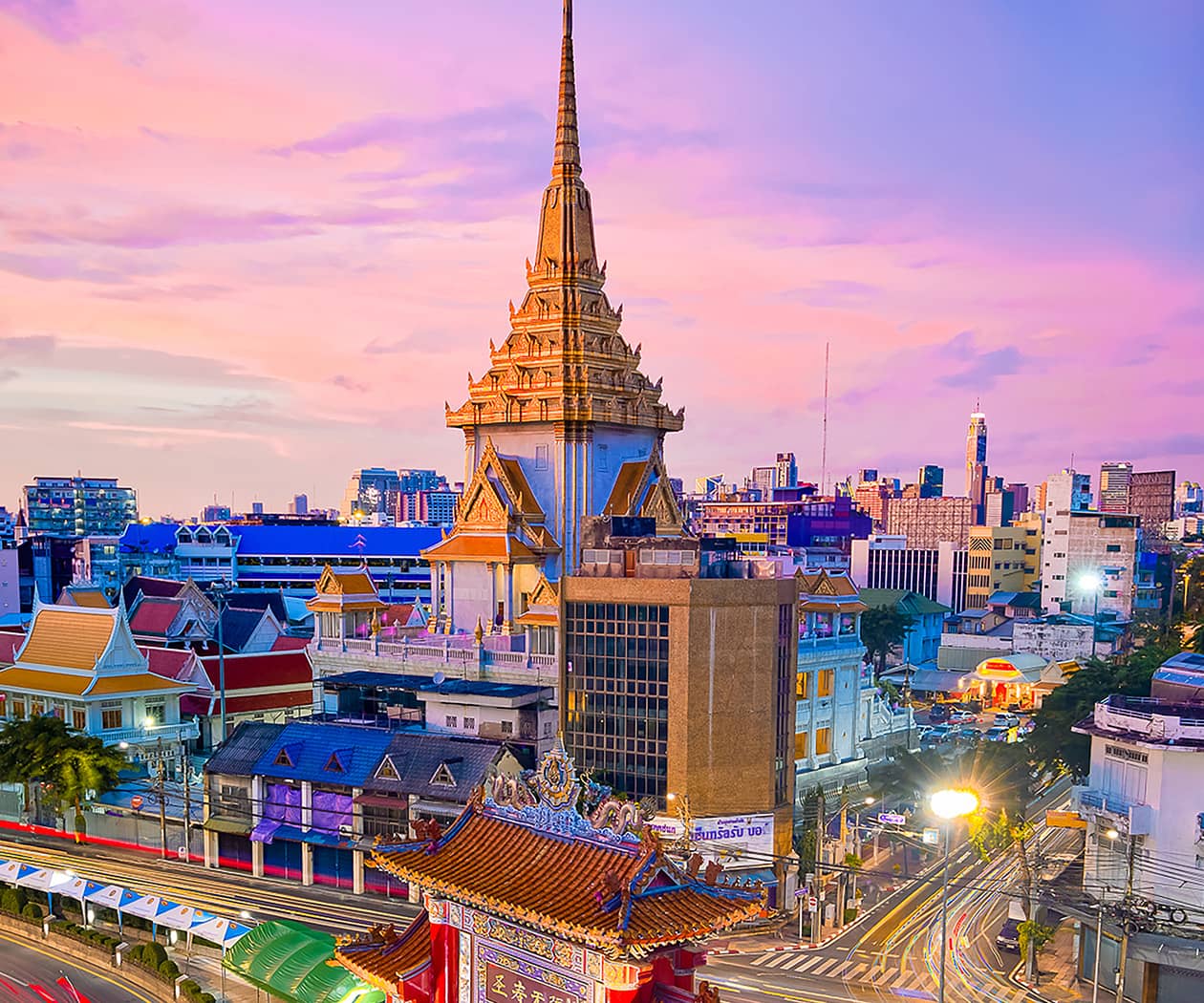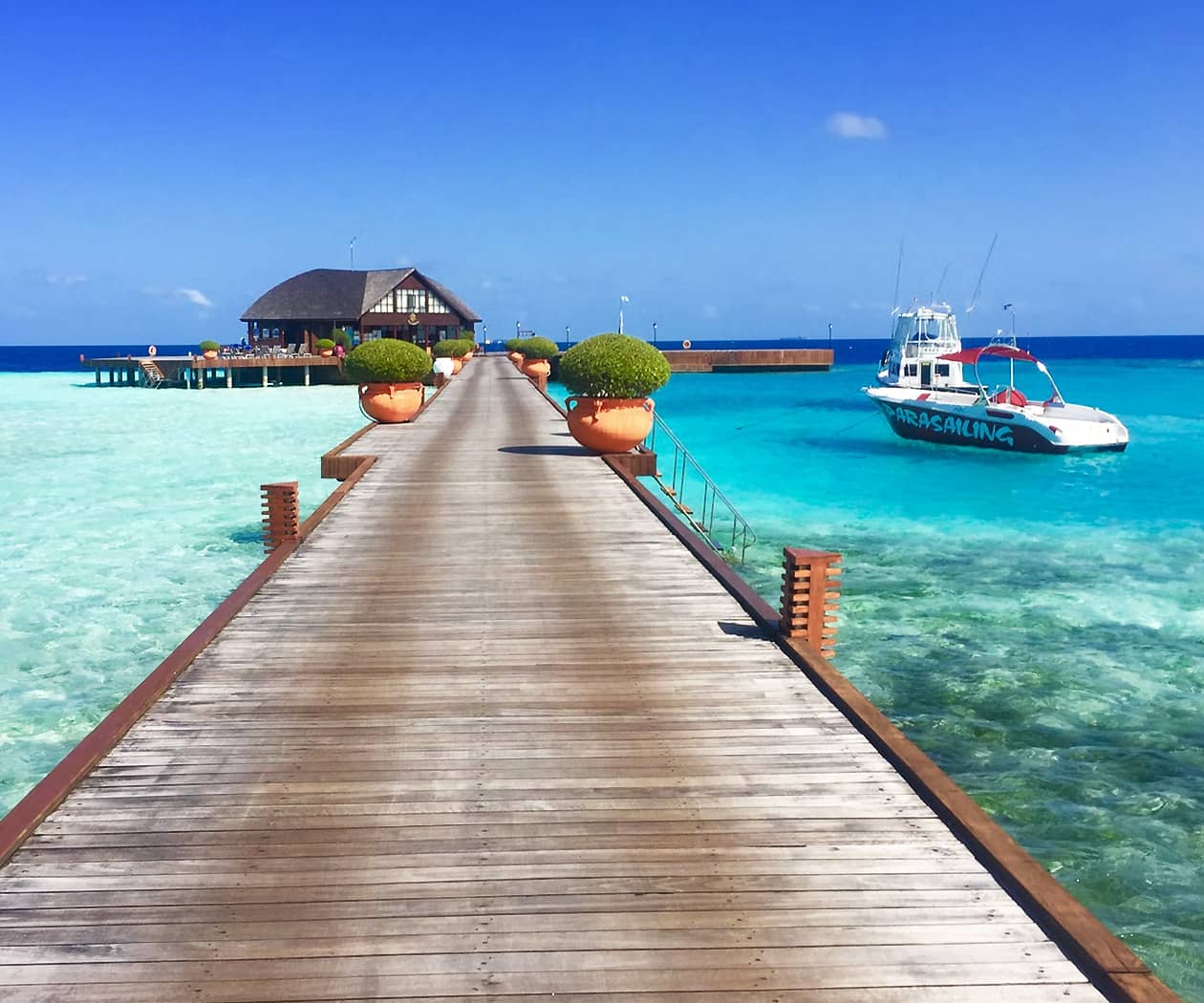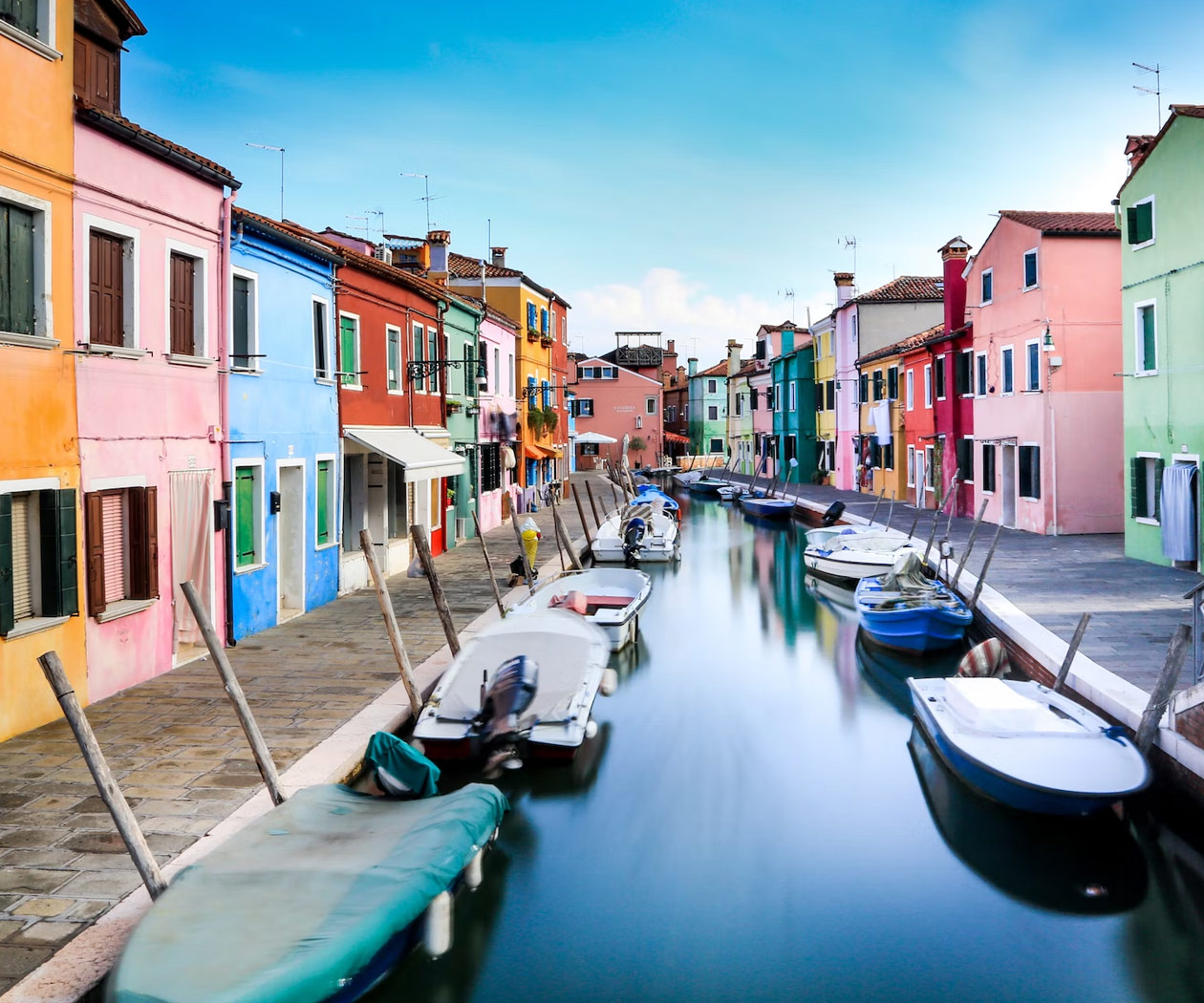How Uganda’s Local Communities Benefit from Tourism
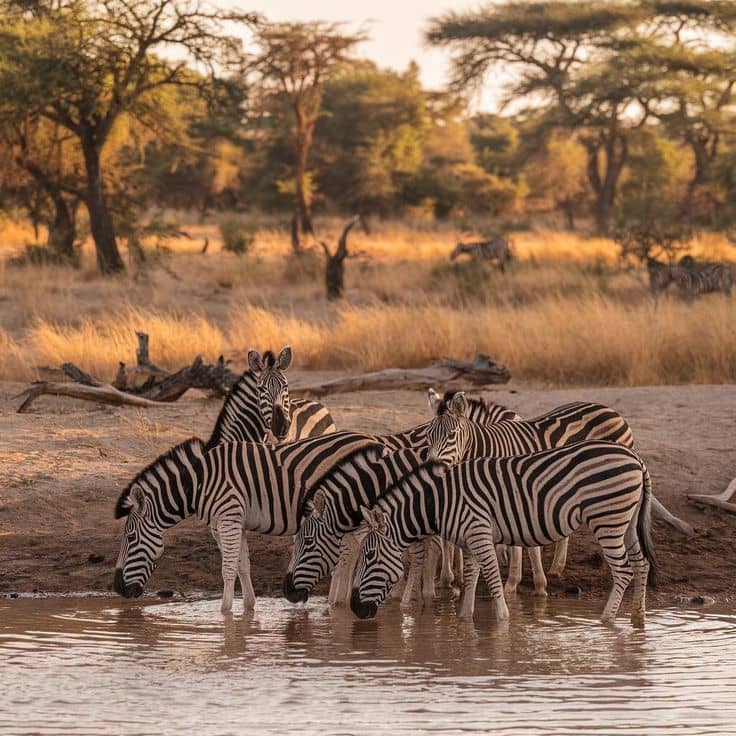
Uganda, famously known as the “Pearl of Africa,” is a breathtaking destination filled with lush rainforests, majestic wildlife, and vibrant cultures. But beyond its stunning landscapes and thrilling safaris, tourism plays a crucial role in uplifting local communities. How Uganda’s Local Communities Benefit from Tourism is a topic that highlights the positive ripple effects of responsible travel, from economic empowerment to cultural preservation.
If you’re planning a trip to Uganda, understanding how Uganda’s local communities benefit from tourism will not only enrich your experience but also inspire you to travel more sustainably. Let’s explore the many ways tourism transforms lives in Uganda.
1. Economic Empowerment Through Job Creation
One of the most direct ways how Uganda’s local communities benefit from tourism is through employment. The tourism sector provides jobs for thousands of Ugandans, including:
-
Tour guides (especially in national parks like Bwindi and Queen Elizabeth)
-
Lodge and hotel staff
-
Craftsmen and artisans selling handmade souvenirs
-
Transport providers (drivers, boat operators, etc.)
Many locals who once relied on subsistence farming now earn steady incomes thanks to tourism, improving their families’ livelihoods.
2. Supporting Small Businesses and Local Markets
When tourists visit Uganda, they don’t just spend money on accommodations and park fees, they also support small businesses. From bustling markets like Owino Market in Kampala to roadside craft stalls near gorilla trekking hubs, local entrepreneurs thrive when travelers purchase:
-
Handwoven baskets and jewelry
-
Fresh fruits and traditional foods
-
Artwork and carvings
By buying locally made products, tourists directly contribute to community growth.
3. Cultural Preservation and Community-Based Tourism
Uganda is home to over 56 ethnic tribes, each with unique traditions, dances, and crafts. Tourism helps preserve these cultures by:
-
Funding cultural performances for visitors
-
Supporting community-run museums (like the Igongo Cultural Centre)
-
Encouraging homestays, where travelers live with local families
Projects like the Batwa Experience near Bwindi allow indigenous communities to share their heritage while earning an income. This is a prime example of how Uganda’s local communities benefit from tourism while keeping traditions alive.
4. Funding Education and Healthcare Initiatives
Many tour operators and lodges in Uganda invest in community projects, such as:
-
Building schools and scholarships for children
-
Supporting health clinics in remote areas
-
Providing clean water through well-digging projects
For example, volunteer tourism programs allow travelers to teach in schools or assist in medical camps, creating long-term benefits for villages.
5. Wildlife Conservation and Community Involvement
Uganda’s wildlife is a major tourist attraction, and local communities play a key role in protecting it. Revenue from gorilla permits ($800 per person) and park fees goes toward:
-
Anti-poaching efforts
-
Reforestation programs
-
Compensation for farmers affected by wildlife
Programs like Conservation Through Public Health (CTPH) train locals to coexist with animals, ensuring that tourism supports both nature and people.
How You Can Travel Responsibly in Uganda
Now that you know how Uganda’s local communities benefit from tourism, here’s how you can make a positive impact:
Choose community-run lodges & tours (e.g., Buhoma Community Rest Camp)
Buy handmade souvenirs directly from artisans
Respect cultural norms (ask before taking photos, dress modestly)
Join a volunteer program (teaching, healthcare, conservation)
Final Thoughts
Tourism in Uganda is more than just gorilla trekking and safari adventures, it’s a lifeline for many communities. By understanding how Uganda’s local communities benefit from tourism, travelers can make mindful choices that uplift the people who make this country so special.
So, when you visit Uganda, remember: your journey leaves a lasting impact. Travel responsibly, support local, and help preserve the Pearl of Africa for generations to come!
Have you visited Uganda? Share your experiences in the comments!


